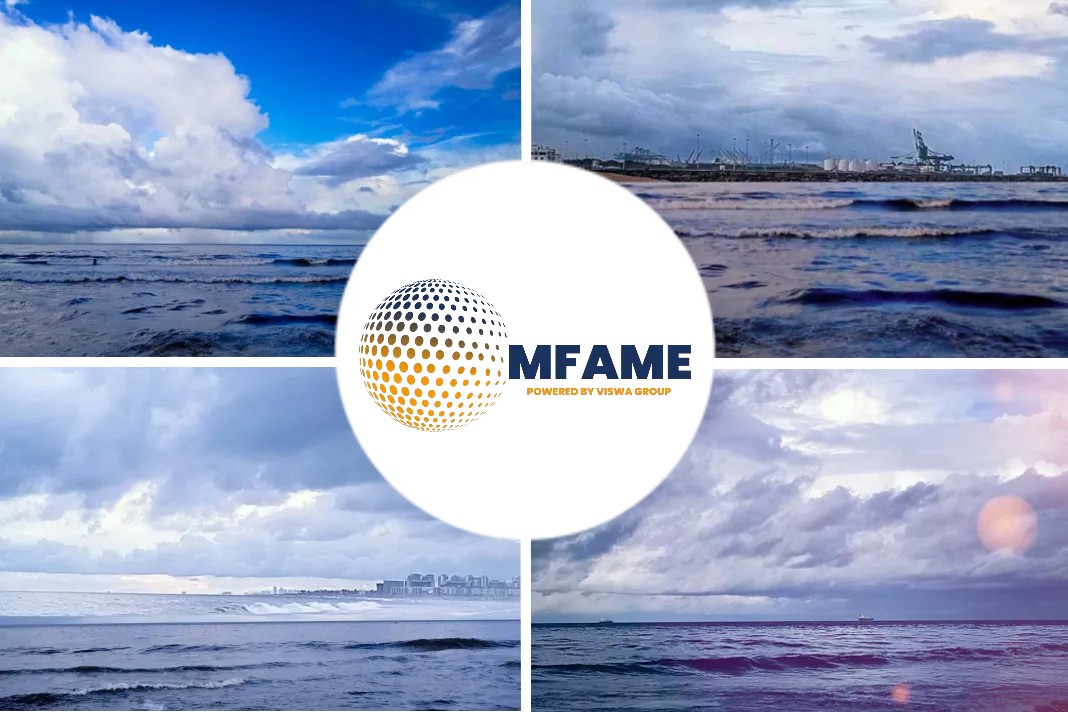Cross-industry research finds key advantages for the use of methanol in medium speed marine engines for passenger shipping.
In a press release dated 22 October 2018, “The Methanol Institute” has welcomed the findings of the MethaShip research project which has concluded that renewable Methanol offers a long term solution for the industry’s ambitious carbon emission reduction strategy.
Methanol to reduce CO2 emission?
The MethaShip partners found that Methanol can dramatically improve emissions reduction across multiple ship types once the IMO has established the statutory framework conditions necessary for an industry-wide reduction of CO2 emissions.
“The whole shipping sector is facing major challenges with ever stricter emission regulations for ships, paired with a growing environmental awareness among ship owners and passengers alike,” says MethaShip Project Leader Daniel Sahnen of MEYER WERFT.
“Some technical and financial details still need to be clarified but in the medium term a breakthrough could be possible with Methanol as a fuel for a holistic reduction of CO2 emissions.”
Methanol as fuel
The research project brought together partners from shipbuilding, classification, engine manufacturing and methanol production to investigate the potential of methanol as a fuel for cruise ships and RoRo passenger ferries. It included development of a potential cruiseship design featuring seven integrated storage tanks made of coated conventional mild steel.
“Methanol is a clear, water-soluble, biodegradable fluid and in contrast to other alternative fuels such as LNG, it offers the crucial advantage of being very easy to handle,” says Methanol Institute Chief Representative Europe Eelco Dekker. “In addition to its potential for long term emissions reduction, the easier storage and transport properties are a strong driver behind the growing interest in using methanol as a fuel for shipping.”
Research project associates
The MethaShip research project consortium consisted of the Flensburger Schiffbau-Gesellschaft, Lloyd’s Register, MEYER WERFT and associate partners Caterpillar, Helm AG and MAN Diesel & Turbo and was funded by the German Federal Ministry for Economic Affairs and Energy.
MethaShip’s key conclusions include
- The properties of Methanol surpass other alternative fuels in shipping
- The major benefit is the storage at ambient temperature and ambient pressure without loss;
- In terms of ship design, Methanol is space-saving, simple and practical with the established advantages of a liquid fuel;
- Methanol offers compelling environmental properties and has the most promising lifecycle analysis when produced from renewable sources;
- An already widespread infrastructure and availability could be a key enabler for Methanol.























